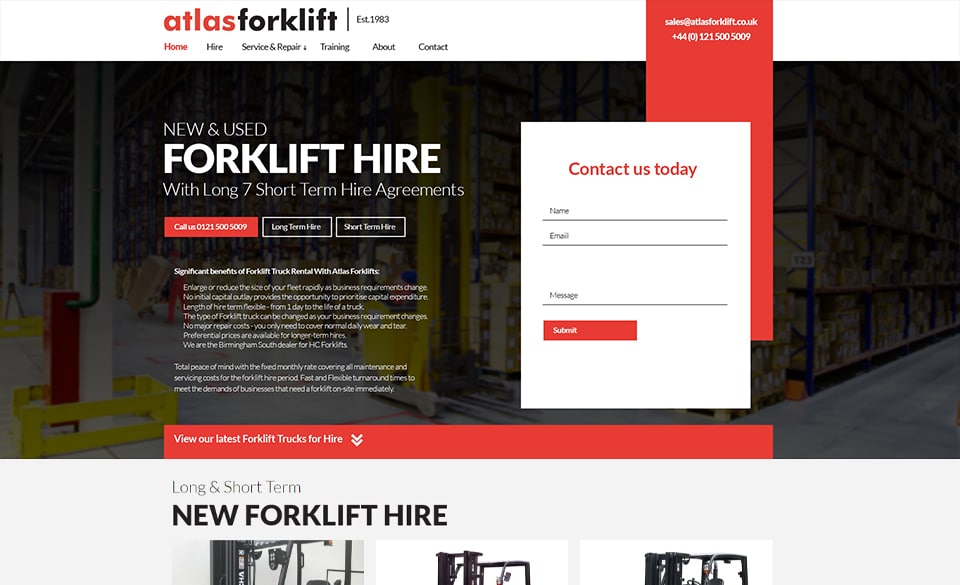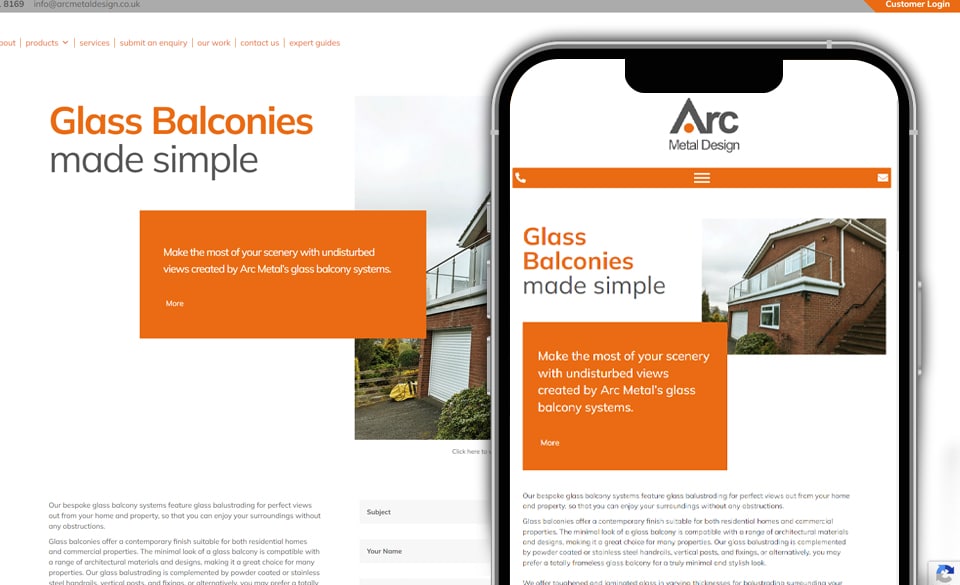Targeted advertising with a measurable ROI
We make PPC advertising easy for our customers.
During initial consultations, our team will determine the goals, budgets, opportunities, and areas to target for your campaign. We then go away, research some more, and begin to plan and set up campaigns designed around your business requirements. Once approved, your campaign will be managed fully by us, and we’ll continue to monitor the campaign(s) throughout the service agreement to make sure they deliver optimal results. This will be supported by easy-to-read monthly reports, with further suggestions for refining and modifying strategies if applicable.
Did we mention that we’re Google Approved Partners? This means we have access to the most recent education and insights for Google Ads, directly from Google, helping us provide an expert and proactive PPC service. All of our strategists hold annual certifications with a keen eye for data trends.
We’re driven by conversions. That's why our PPC services have a track record of providing tangible and profitable results.
Make sure you're targeting the right customers & ensure your campaigns are fit for your business goals!

Intelligent page design & layout
From heirachy of message to CTA placement & select colours, everything is considered when creating conversion rate optimised landing page for individuals customers... and their customers.
Smart page analytics, reports & tracking
We're driven by results, so we are always on the lookout to improve each campaign over time, building on best practices, using tried & testing experiences and using advanced tools to ensure great campaigns get amazing results.

Mobile optimised for ease of use
Mobile devices account for a significant portion of website traffic, it is essential for landing pages to provide a positive user experience to capture mobile traffic to improve the performance of your campaign.
What Are the Benefits of Utilising PPC?
Pay-Per-Click advertising can be incredibly beneficial for those looking for a flexible online advertising model. Some of the benefits of PPC include:
Financial Control.
You set the price of your ad spend, and only pay when somebody clicks on your advertisement - allowing you total control of your maximum budget and campaign duration.
Quicker Results.
Unlike SEO, which can take six months or more to see results, PPC targets audiences immediately, which can influence quicker results.
Measurable Performance Statistics.
Easily access your campaign performance results anytime, with the ability to see impressions, clicks, and conversions.
Target Specific Audiences.
PPC works by targeting key phrases used by existing and new audiences relevant to your business for controlled demographic targeting.
Control and Test.
Control and test ads whilst they’re running to improve the position of your ad, reaping maximum results.
Complementary to Other Marketing Strategies.
PPC works alongside and can complement additional marketing strategies such as SEO and content creation, helping to increase the overall traffic to your website.
Warm Leads.
Statistics from PPC campaigns enable you to track who’s interested in your ad, allowing you to reach out to potential interested customers.
What is Pay Per Click?
PPC stands for pay-per-click. Pay-per-click is an advertising model for the internet, used to drive traffic to websites – each time the ad is clicked, the advertiser pays a small fee. Think of it as a digital version of taking out an ad in a newspaper – you choose your budget and the style of your ad to attract customers to your business’ website.
It’s increasing your chances of being seen online.
Say hello
The Importance of Brand Positioning
Brand Positioning is about what your customers think of your business. Aligning ‘what you say’ with ‘what you do best’ helps build a stronger brand, and the stronger the brand – the greater the ‘Brand Saliency’. It’s what the boffins at the Ehrenberg-Bass Institute for Marketing Science often refer to as ‘Mental and Physical Availability’.
Brand Development.
Brand Development encompasses numerous activities, one of the most important being the design of a strong and memorable brand image. The brand can consist of one or two elements: the Wordmarque, and a Device. For example 'Mercedes Benz' is the Wordmarque and the 'three-pointed star' is the device.
Brand Strategy.
Whereas the Brand Strategy is the plan conceived to focus on the further developments of the brand. Well-designed and properly executed brand strategies can have a positive impact on all aspects of the business.
Brand Management.
Brand Management covers the ongoing maintenance of the brand (ensuring consistency of the brand image and the associated elements), helps strengthen the brand, and reinforces that all-important brand saliency.
How Do PPC Services Work?
PPC specialists utilise keywords and phrases that are relevant to your business to target potential customers.
Most commonly, people are searching for products and services via a search engine. For ads to appear on the search engine results page (SERP), adverts are subject to what is known as the Ad Auction.
The Ad Auction is an automated process that Google and other search engines use to determine the relevance and validity of advertisements that appear on their SERPS.
If a customer types "Modern office furniture" into Google, the search engine will provide results based on this search query. Oftentimes, you will see sponsored text ads as well as visual "shopping" ads across the top or within the space on the right-hand side showcasing products and prices. Therefore, if your business makes office furniture that's modern, utilising PPC advertising around this search term will increase your visibility when a potential customer is interested in "Modern office furniture.
Of course, PPC specialists are familiar with Ad Auctions and would tailor strategies based on your specific business, services and goals. It's important that research is carried out first to understand the best options available.
In essence, using a PPC specialist to create a great PPC advert makes it easier for potential customers to find you.
What Type of Advertising Is PPC?
PPC is a paid advertising model, meaning you appear as an advertisement on a search engine results page or other targeted areas, rather than earning exposure organically; you then pay a small fee once your ad is clicked on. PPC isn’t limited to just Google Ads, there’s a whole realm of channels that can advertise your business including Microsoft Ads, Media & Paid Social Advertising.
